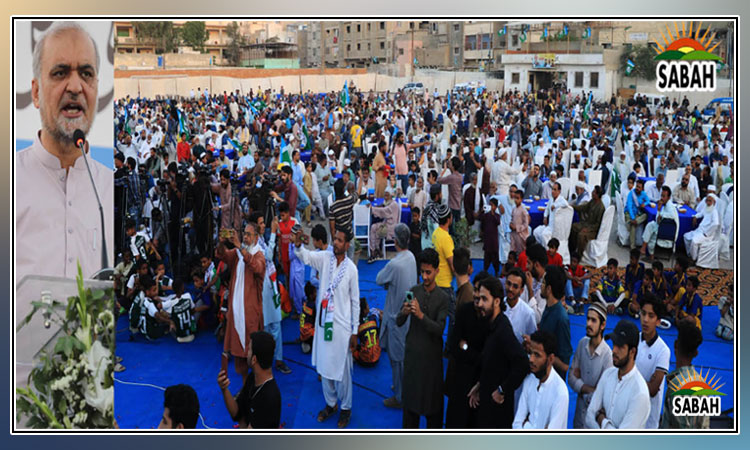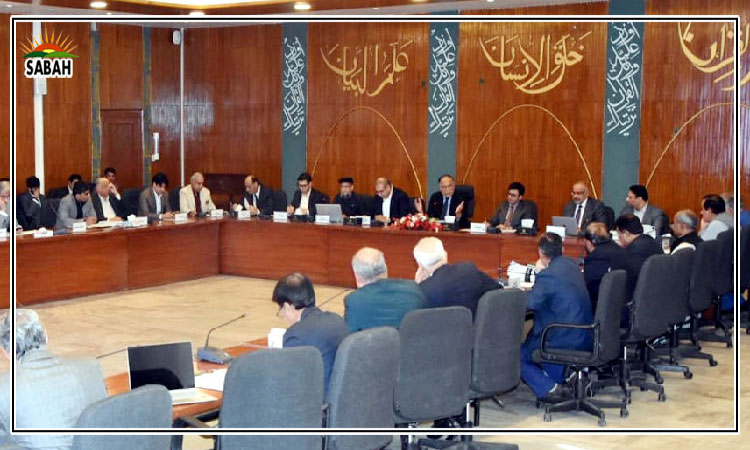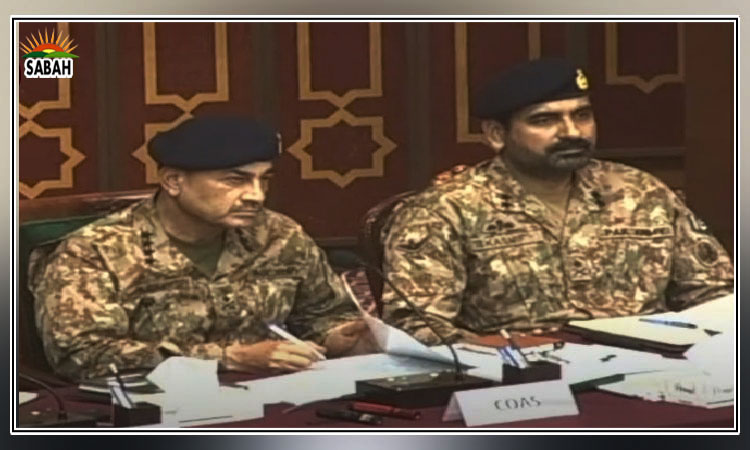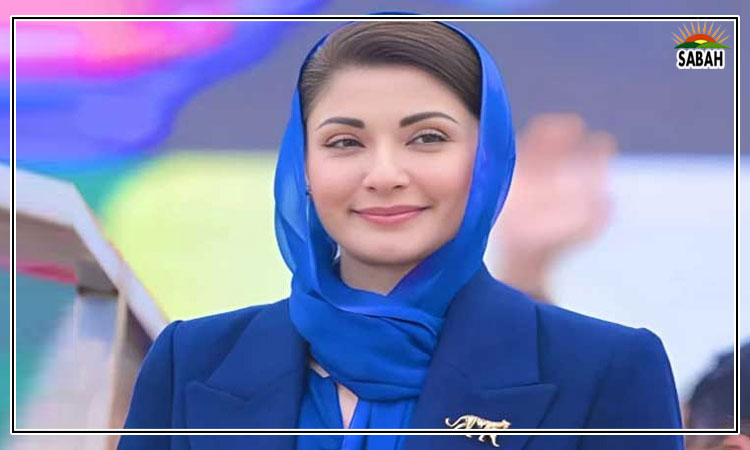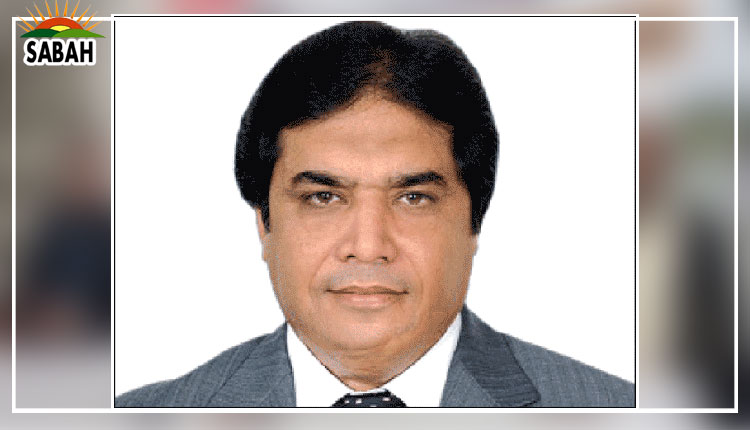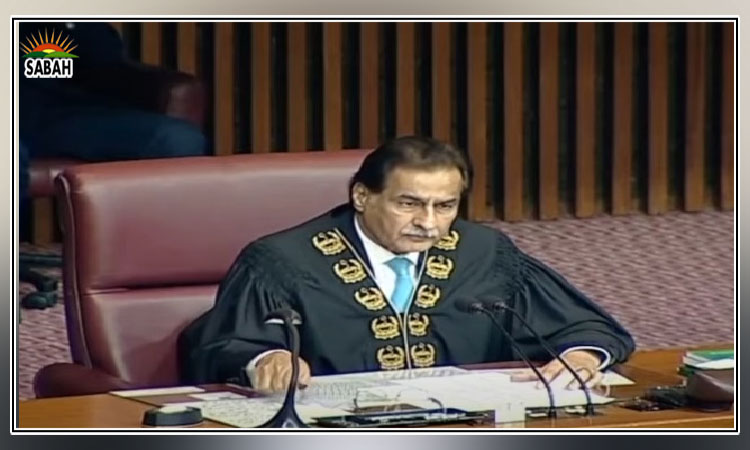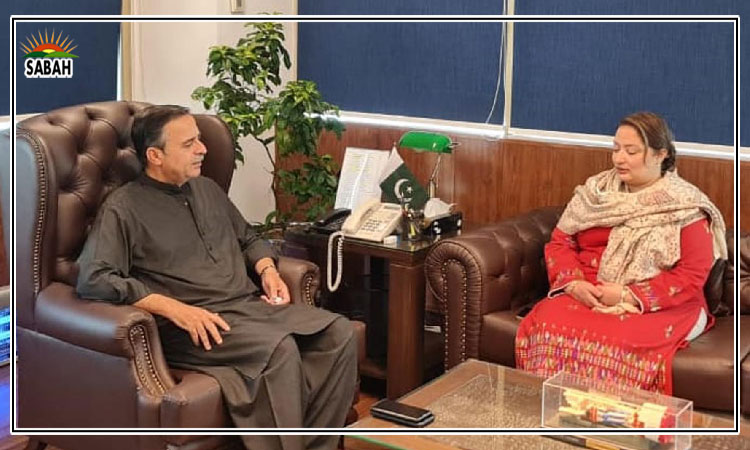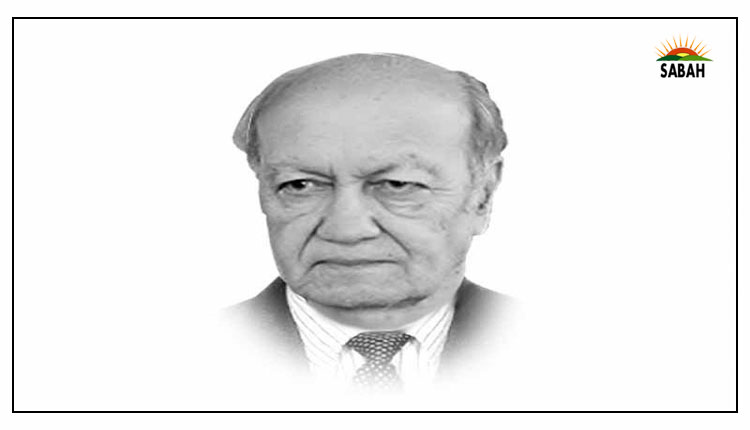Character is a functional imperative….. Talat Masood
Apart from its religious and moral significance, character is a fundamental prerequisite for a functional and progressive society. This basic or most elementary wisdom need not have been necessary on my part to reiterate but Pakistan generally seems to be drifting away from realising its significance. I have heard many well-meaning Pakistanis and foreigners remarking that truth is becoming a rare commodity in the country.
What exactly are the reasons for this steep decline in general behavior? Should it not be a matter of serious concern for our leadership? If they are equally the accomplices in this then why is the media not raising the issue or are they also a party to it and so are other institutions?
The nations that progressed from penury and stagnation to prosperity and acquired a reputable stature and even prominence in a relatively short period of time the role of the leaders has been a critical factor. It was the unblemished character and patriotic fervour of Lee Kuan Yew that contributed largely to the rapid rise of Singapore — an island state only 0.19 times as big as Karachi and 52.6% lower population density. The role of Nelson Mandela in the freedom struggle and riddance of apartheid is another example of his uncompromising policy of not bending to the concept of white supremacy and unwavering resolve to restore human dignity. This was an ideal for which he was prepared to die. If we take stock of our own past, there can be no better example than that of the Quaid-e-Azam. It was primarily his steadfast leadership and resolute efforts that Pakistan came into being. His unimpeachable character gave him the strength and determination to pursue relentlessly for a goal that seemed impossible.
It is no coincidence that a major reason for the ascendancy of the countries in the world is strict adherence to the rule of law. Even on the slightest departure or misconduct, the law takes its course. As recently witnessed, popular leaders like former British PM Boris Johnson and President Donald Trump faced an unceremonious exit.
In Pakistan it is the reverse. There is no revulsion against those who break the law as the society has been de-sensitised. Laws are modified to evade scrutiny and punishment. The recent laws passed by the parliament with bullet speed that defused and diluted the essence of penalising the corrupt are a testimony to the unfair methods used for wiping the blemished record clean.
It is unfortunate that being Muslims and the torch-bearers of Islam we are one of the greatest defaulters of this basic ethic. Probably we are not realising how this weakness in us is responsible for many of our ills and how it is contributing to destabilising the society. Its impact is felt in politics, economics and practically every field of activity, be it sports, entertainment and above all education and health sectors. In essence, governance gets skewed up and instead of efficiency and national interests being the criteria, a competition for amassing money becomes the norm. Winning an election is not necessarily based on performance and delivery, as cash flows influence elections. Compromised politicians when in power generally overlook brazen acts of corruption and may even partake in it.
There are other facets of character failing that we have been witnessing ever since the partition. Domination of families in politics and holding key appointments, treating state as a personal fiefdom. It is perfectly in order if there are many members of the family in politics and in high positions provided they have come through a fair democratic process. For example, there are many families engaged in business, legal or academic professions in mature democracies such as the US, Britain and European countries but these are through fair and well-accepted norms. The Kennedys or the Bush family in the US or the Nehru family in India, to cite a few. Whereas in Pakistan in certain cases, members of families holding high offices does not necessarily happen on merit. To take the cover that these relatives are most deserving and have made sacrifices has to backed by well-accepted criteria and convincing to the electorate and their party. It is rare this criterion is met in most of the cases. This has to change if Pakistan wants to graduate to a proper democracy and its leadership gain respectability. If the practice of free and fair elections of party leadership becomes a norm in the system, a qualitative change will occur in the caliber of politicians and the policies being formulated and their implementation. Moreover, if politicians and leaders are guilty of possessing fake degrees and are in parliament or would be contesting elections, it should be a matter of serious concern. Leaders are supposed to lay down standards of integrity and set an example to the nation. But no such instinct or motivation drives our leaders with the exception of a few. There has to be a very thorough scrutiny of those contesting elections prior to or soon after elections about the authenticity of the documents. Apart from a grave reflection on the integrity of those politicians, government officials or professionals who possess fake degrees, its adverse effects on the society are manifold and consequential. It is very likely that these politicians and officials would promote in their area of influence the same culture of corruption and favoritism that they have benefited from.
Moreover, Pakistan’s politics is essentially personality-oriented and is less ideological or truth-based. The affiliations of the people have been changing from one party to another which is a reflection of their general disillusionment and weak political development. It is critical that party leaders work toward strengthening the political system and focus on governance to improve the lot of the poor. This is the only way of strengthening the party and serving the people.
In terms of where we are, there is no doubt it is a downhill but this is not Pakistan was destined to be.
Courtesy The Express Tribune, February 1st, 2023.


